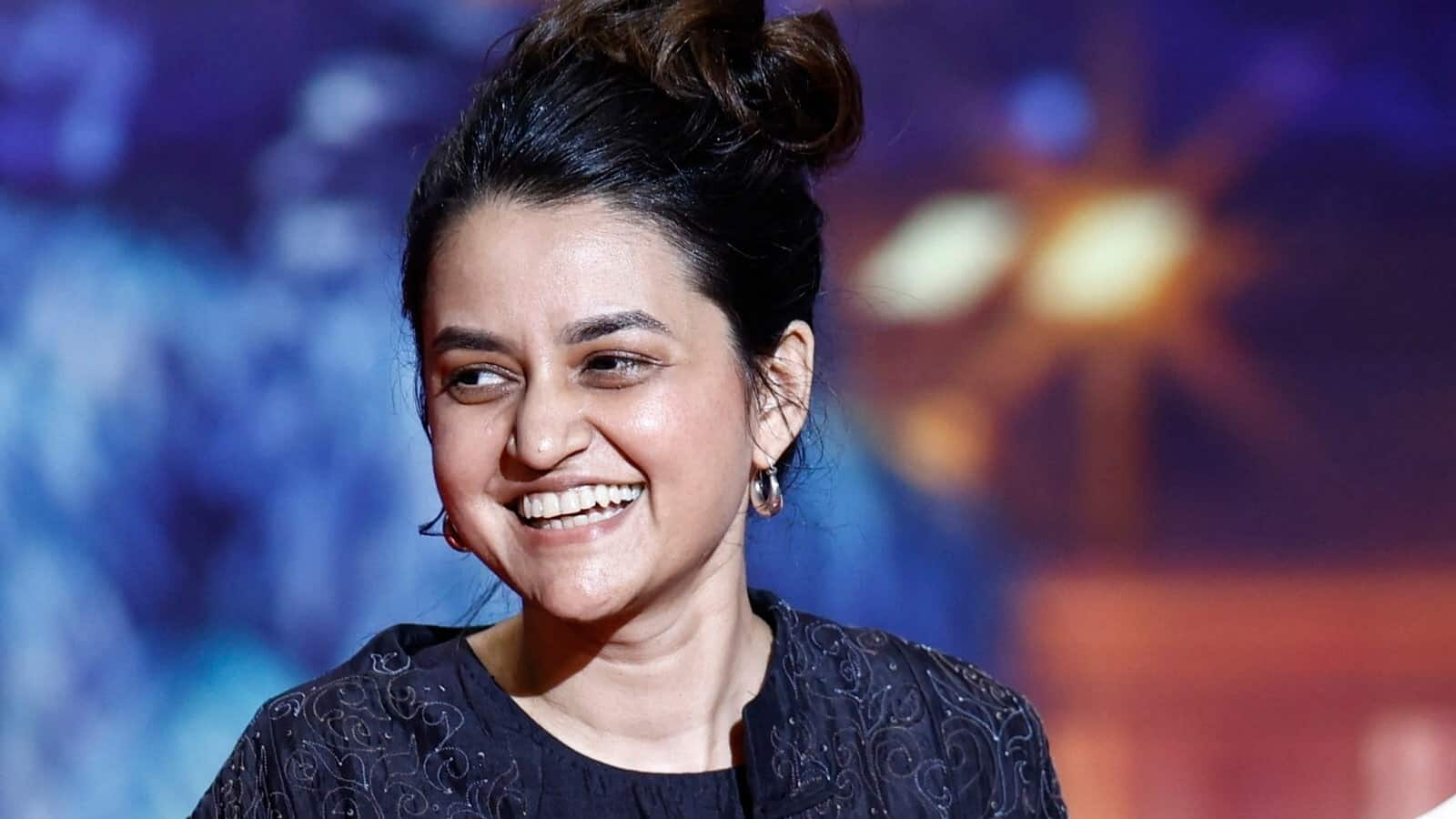
How Payal Kapadia feels about 'All We Imagine...' Oscar snub
What's the story
Payal Kapadia, the Indian filmmaker who won the Grand Prix at Cannes for her debut narrative feature All We Imagine As Light, recently opened up about the struggles of indie filmmaking in India. She was speaking with Japanese auteur Hirokazu Kore-eda at the Tokyo International Film Festival (TIFF). Despite her film not being picked by India's Oscars committee for Best International Feature, Kapadia was content with its journey.
Industry challenges
Kapadia discussed the lack of support for indie films
During the conversation, Kore-eda asked why so many Indian film school graduates land up in mainstream cinema and TV. Kapadia said, "It's not easy to sustain a career in independent movies [in India]. People may have to go into the mainstream industry because there's no support system, they have to start earning money." She also said India once funded non-mainstream cinema through its national broadcaster, Doordarshan.
Filmmaking journey
Kapadia's journey into filmmaking and her time at FTII
Kapadia shared her journey to becoming a filmmaker, which started with her artist mother exposing her to visual arts. However, she didn't think of filmmaking as a career until she began watching films as an undergrad. After failing to get into the Film and Television Institute of India (FTII) on her first attempt, she spent five years as an assistant director before reapplying successfully.
Cinematic influences
How FTII and global cinema influenced Kapadia's work
At FTII, Kapadia met her cinematographer, Ranabir Das, and had the privilege of attending screenings at the National Film Archive of India. This exposure to world cinema shaped her work immensely. "Watching all those films helped me to think," she said. "It was the kind of school where you could do a lot or not do anything, it was very free."
Filmmaking process
Kapadia's approach to filmmaking and Oscars snub
Kapadia explained that her film All We Imagine As Light, which delves into the lives of three women in modern-day Mumbai, started off casually. "I was writing for two years, and for two years we would just go out in the monsoon and do some shooting." Although India's Oscars selection committee picked Kiran Rao's Laapataa Ladies over her film, Kapadia stays optimistic. "With this film, we got a lot already," she said.